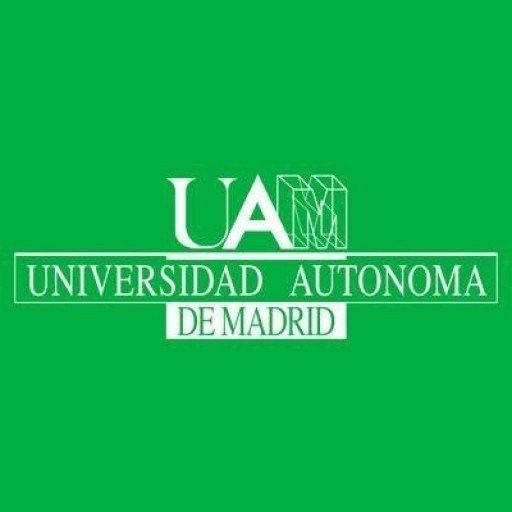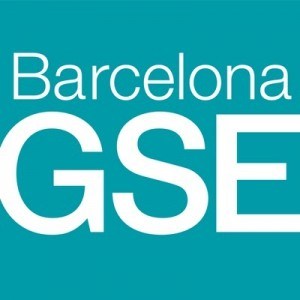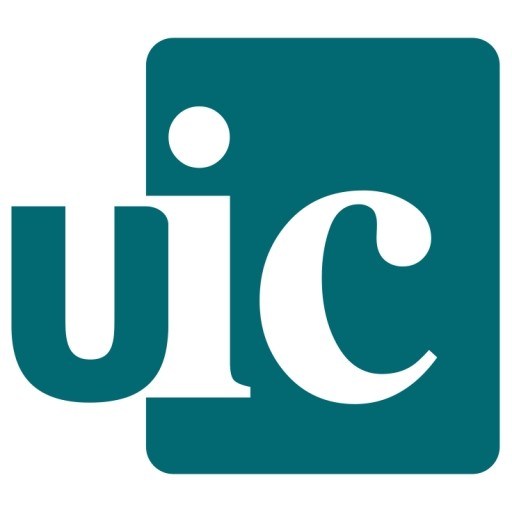Photos of university
The Bachelor's Degree in Molecular Biomedicine at the Autonomous University of Madrid is a comprehensive undergraduate program designed to provide students with in-depth knowledge and practical skills in the fields of molecular biology, biochemistry, genetics, and biomedical sciences. This dynamic program aims to prepare future professionals capable of contributing to advances in medical research, diagnostics, and therapeutics. Throughout the course, students engage with a wide range of subjects, including molecular mechanisms of disease, cell biology, molecular genetics, biotechnological techniques, and bioinformatics. The curriculum combines theoretical learning with laboratory practice, fostering critical thinking and problem-solving skills essential for scientific research and healthcare innovation. Students have access to state-of-the-art laboratories and research facilities, enabling hands-on experience with cutting-edge technologies such as PCR, DNA sequencing, genomic editing, and proteomics. The program also emphasizes multidisciplinary approaches, encouraging collaboration among students from diverse backgrounds. In addition to science courses, students develop competencies in ethical considerations, scientific communication, and project management. The degree prepares graduates for careers in biomedical research, pharmaceutical industries, clinical laboratories, and healthcare policy. It also offers a solid foundation for those interested in pursuing postgraduate studies or specialized training in biomedical sciences. By participating in research projects and internships, students gain real-world experience and establish professional networks. The Autonomous University of Madrid’s Molecular Biomedicine program is committed to excellence in education and research, aiming to contribute to the advancement of human health and the understanding of biological processes at the molecular level. Upon graduation, students are equipped to make meaningful contributions to scientific innovation and health-related industries worldwide.
- Critical analysis of scientific literature. Applied statistics for Molecular Biosciences
- Genetically modified animals: strategies and applications
- Animal experimentation and bioethics (taught in spanish)
- Molecular pharmacology
- Gene and cell therapy
- Biomedical applications of Bioinformatics and Systems biology
- The biology of cancer
- Translational molecular oncology
- Frontiers in immune and inflammatory diseases
- New frontiers in brain disease research
- Insight into research in cardiovascular pathology
- Master's Final Dissertation
Requirements
- Official university qualification such as an undergraduate degree, bachelor’s degree or other equivalent, in one of the following Experimental or Health Sciences: Biology, Chemistry, Biochemistry, Medicine, Biotechnology, Pharmacy, Veterinary, or other similar degrees.
- An official certificate of level of English (IELTS, TOEFL, Cambridge English, OAL-UAM, Linguistic Services Office from your home university etc.) with at least a B2 (or equivalent) level. This doesn't apply for students coming from english-speaking countries/universities/schools.
- Bachelor's diploma
- Transcript of records from the Bachelor's degree
- Average Grade statement (see "Average Grade statement")
- CV (Curriculum Vitae)
- Certificate of level of English (or at least some proof that you'll get it before the enrolment deadline in September)
- ID/Passport
- Elective courses pre-selection form ("Hoja de preinscripción de asignaturas")
- Specific documents required for each master (letter(s) of recommendation/reference etc.).
- FOREIGN STUDENTS ONLY: when their average grade point is not in a 1-to-10 scale, applicants must also submit the ANECA's certificate of average grade equivalence for studies undertaken in foreign countries (see here). Please note that this certificate can take up to 2 months to be delivered, so applicants should request it with enough time in advance.
Scholarships
- Campus de Excelencia Internacional UAM+CSIC
- Fundación Ramón Areces
- General grants of the UAM
- Specific grants for international students at the UAM
The Bachelor's Degree in Molecular Biomedicine at the Autonomous University of Madrid offers a comprehensive education programme designed to prepare students for careers in biomedical research, healthcare, and related fields. The curriculum combines fundamental sciences such as biology, chemistry, and physics with specialized courses in molecular biology, genetics, biochemistry, cell biology, and pathology. Students gain a deep understanding of the molecular mechanisms underlying human health and disease, equipping them with the skills necessary to analyze biological data, conduct laboratory experiments, and interpret scientific results.
Throughout the programme, students have the opportunity to participate in laboratory practice sessions and research projects, fostering practical skills and critical thinking. The programme also emphasizes the importance of technological advancements in biomedicine, such as molecular diagnostics, genomics, proteomics, and bioinformatics. This prepares graduates for the rapidly evolving landscape of biomedical sciences and ensures they are proficient with modern laboratory equipment and analytical tools.
In addition to technical training, the programme promotes interdisciplinary understanding by integrating courses in ethics, scientific communication, and innovation management. Students may also have the chance to engage with real-world healthcare challenges through internships and collaborations with hospitals, research institutes, and biotech companies.
The programme typically spans four years, culminating in a bachelor's degree that qualifies graduates to pursue further studies at the master's or doctoral level, or to directly enter the workforce. Career prospects for graduates include roles in biomedical research laboratories, pharmaceutical companies, clinical laboratories, and health agencies. They may also work as scientific consultants, laboratory technicians, or in regulatory affairs related to biomedical products.
Admission requirements generally include a solid background in sciences at the secondary education level, with proficiency in relevant subjects like biology and chemistry. The programme is delivered through a combination of lectures, seminars, laboratory classes, and team projects, fostering collaborative and independent learning.
The Autonomous University of Madrid ensures that the programme maintains high academic standards through accreditation and continuous curriculum review, aligning with international biomedical research trends and healthcare needs. Graduates emerge equipped with both theoretical knowledge and practical expertise to contribute meaningfully to advances in molecular biomedicine and improve patient care worldwide.





